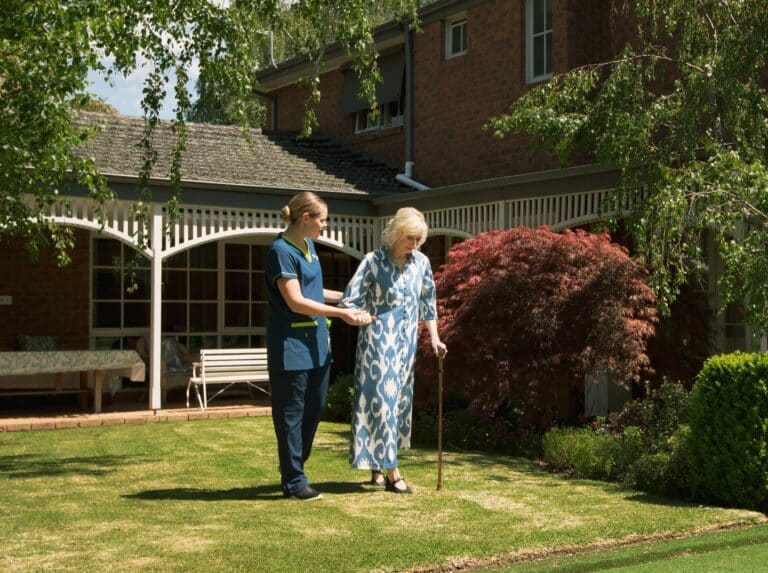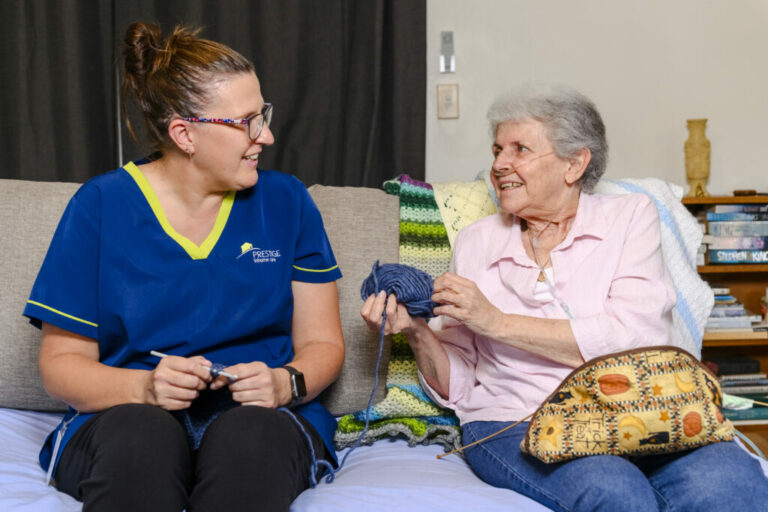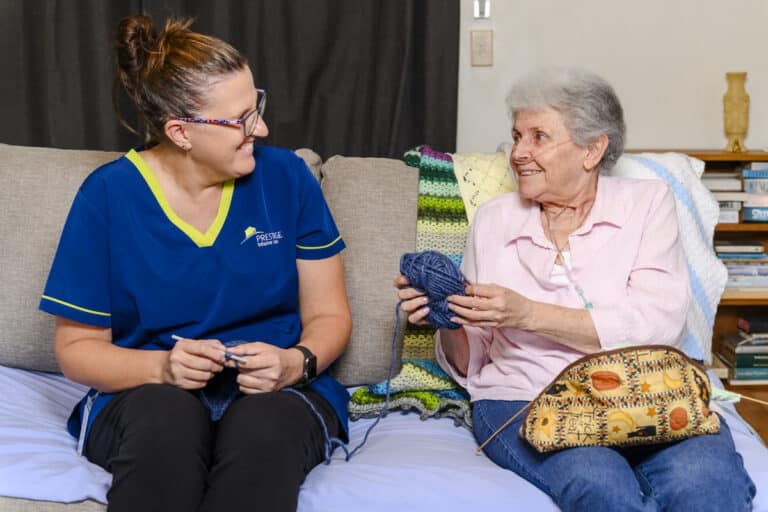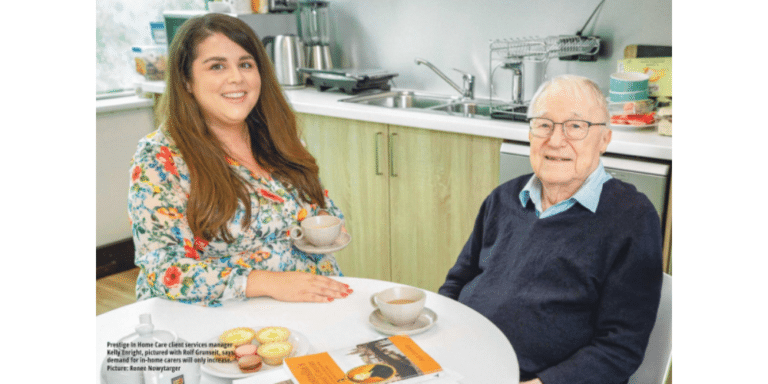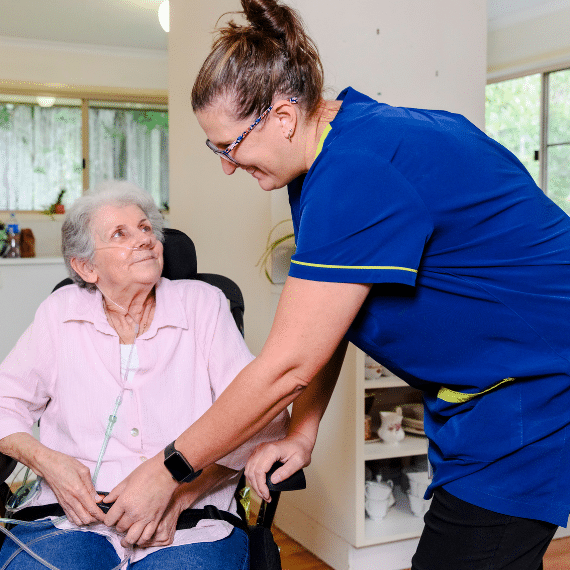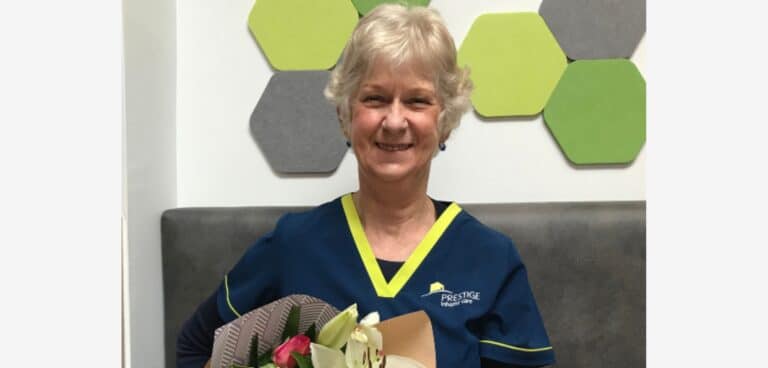24 Hour Care
Whether it's about home maintenance, finances, medical follow-ups, driving, or personal safety, conversations about accepting help can be difficult. To help you prepare, here are some suggestions drawn from years of experience.
Unspent Home Care Package funds will carry over under Support at Home, ensuring continued access to essential services for current HCP clients. Learn how they will work when the new changes come in on 1 July 2025.
The Support at Home program (SAH) will be introduced on 1 July 2025. Prestige Inhome Care looks at five major changes under Support at Home and what they will mean for you.
From 1 July 2025, Support at Home will replace the existing government funded in-home care aged care.
With over 12 years of experience in the industry, most of them with Prestige Inhome Care, Kelly brought a wealth of knowledge to the conversation. She discussed navigating Home Care Packages and the challenges seniors face in accessing safe and reliable transport.
If your loved one is needing support to continue to safely live at home or is receiving care, but their needs have since increased, it can be challenging to approach a conversation with them about accepting help at home. You may find they don’t want to acknowledge that they need any, or further assistance, or are worried they will lose their independence.
Here, Prestige Inhome Care CEO Nick McDonald shares 7 tips on how to talk to your loved one about accepting help at home.
With 20% of the population expected to be aged over 65 within the decade, and 76% of Australians aged over 60 preferring to retire in the comfort of their own home, the demand for home care workers is higher than ever.
At Prestige Inhome Care, we believe everyone deserves the opportunity to spend the last stages of their life, in their own home, surrounded by the people and things they love most.
We also understand the challenges of supporting a loved one with a life-limiting illness.
When your loved one is in hospital following an injury or surgical procedure, with the right support in place, you may be able to bring them home to recover instead of staying in the hospital or moving to a respite centre. However, for a safe and optimal recovery, it’s important to be prepared by planning for their return home before their discharge date arrives.
At 17 years of age Junith started working in the aged care industry cooking meals for the elderly and people living with a disability. A trained pastry chef, she was a passionate baker with a special love for making Christmas cakes. But today, at the age of 74, when asked what she loves about being a care worker Junith says “it’s not about the money. It’s the companionship.”
If your loved one is in need of support, or is already receiving care but their needs have changed, it can be challenging to approach that conversation with them. You may find your ageing parent doesn’t want to acknowledge that they actually need any assistance or are worried that they will lose their independence.

